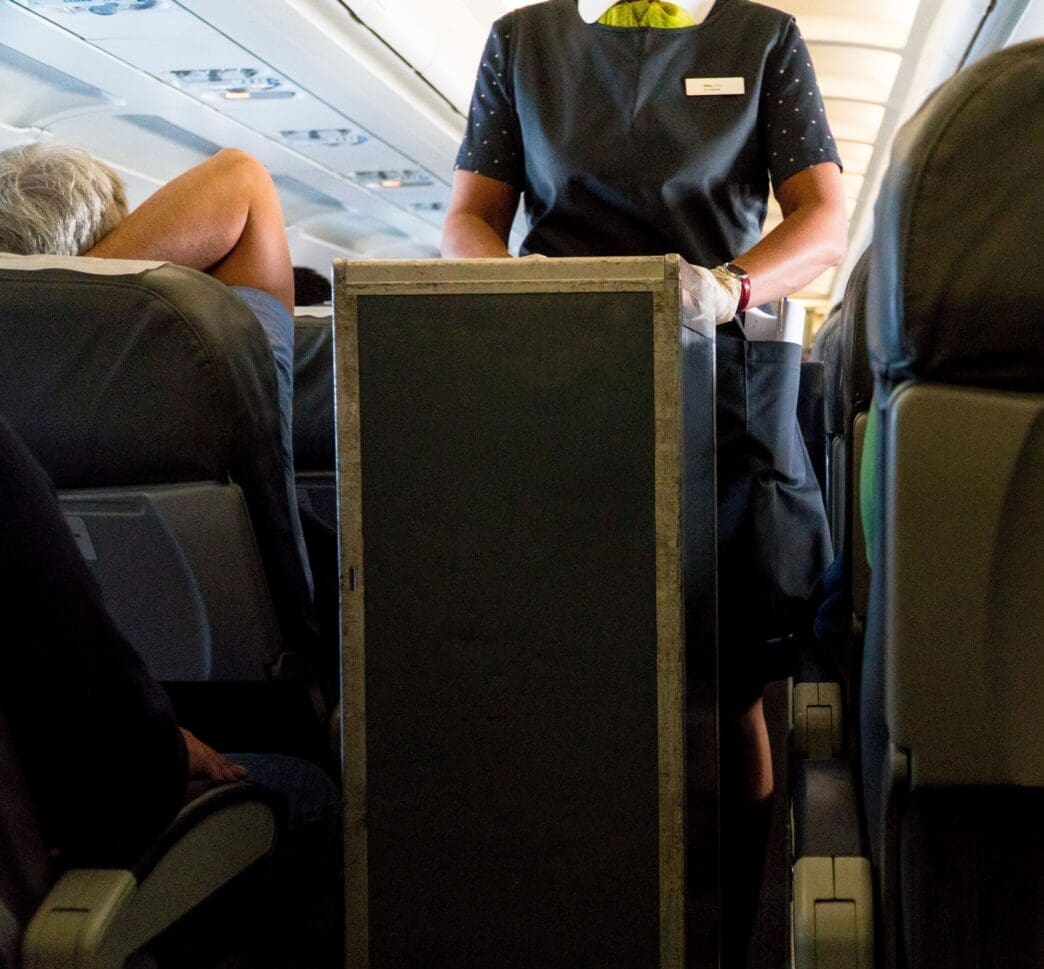Flying with a nut allergy can feel like a high-stakes gamble. Many worry about breathing in airborne allergens. But there’s new research to consider.
Surprisingly, airborne transmission of nut allergens is unlikely on planes, says a study. This finding might change how passengers with nut allergies approach air travel.
Debunking Airborne Allergy Fears
A recent study from the UK challenges the idea that nut allergens float easily through airplane cabins. Experts in allergy and aviation medicine found that the chances of inhaling nut particles on flights are minimal.
Modern aircraft have effective air filtration systems that remove dust, vapors, and food particles. This should ease worries for those with nut allergies about airborne risks while flying.
Precautions Still Matter
Even with low airborne risk, people with food allergies should be vigilant. The study highlights the importance of personal precautions.
Cleaning your seat area is vital. This includes tray tables and screens, as previous passengers might leave behind allergenic particles. It’s a hands-on risk, not airborne.
Boarding early is recommended. This gives time to clean surfaces before others fill the cabin. Most airlines allow early boarding for this reason.
Notify the airline in advance so they can help you with requests like seat changes or avoiding certain foods being served nearby.
A Reliable Wipe Down
Wiping your space with antibacterial wipes can prevent allergic reactions. The study suggests this as the most effective measure.
Ensuring clean seating areas reduces the risk of coming into contact with food proteins. This simple step can make your flight safer.
Physical touch, not inhalation, might expose you to allergens. Eating something after touching a contaminated surface is a real danger.
Passengers should plan ahead with wipes and cleaning supplies.
Airlines’ Role in Safety
Airlines generally support allergy concerns by allowing early boarding for cleaning. Delta Air Lines, for example, accommodates these requests.
Beyond boarding, airlines can refrain from serving specific allergenic foods. Informing the crew ahead of time optimizes safety.
Consistency is key. While some airlines handle allergies well, incidents happen. Passengers sometimes face unprepared crews or airline errors.
Carrying an EpiPen remains essential. It’s your backup in case plans don’t go as expected.
The Misleading Nut Ban
Banning nuts on flights might provide a false sense of security. The study argues this is less helpful than ensuring passengers can protect themselves.
It’s crucial to focus on proactive cleaning and personal measures rather than relying solely on bans.
Bringing Your Own Safety Net
Always pack an epinephrine autoinjector in your carry-on. This advice is crucial for anyone with severe allergies.
Airlines should stock EpiPens in their emergency kits, but availability can vary. It’s best to be prepared yourself.
Having your own EpiPen provides peace of mind, even if the airline lacks one.
Avoiding Panic and Planning Ahead
Preparing ahead minimizes panic in the air. Airlines can support this with early boarding and tailored service.
Remembering key practices like cleaning seats and carrying medications can ease anxiety.
Effective communication with the airline ensures they are aware of your needs.
In the Hands of Passengers
Ultimately, passengers control much of their safety. Knowledge and preparation are their best tools.
While airlines offer some help, the personal effort greatly enhances allergy safety.
Flying doesn’t have to be terrifying if you’re prepared. Taking personal safety steps makes all the difference with nut allergies.
Source: Frommers








